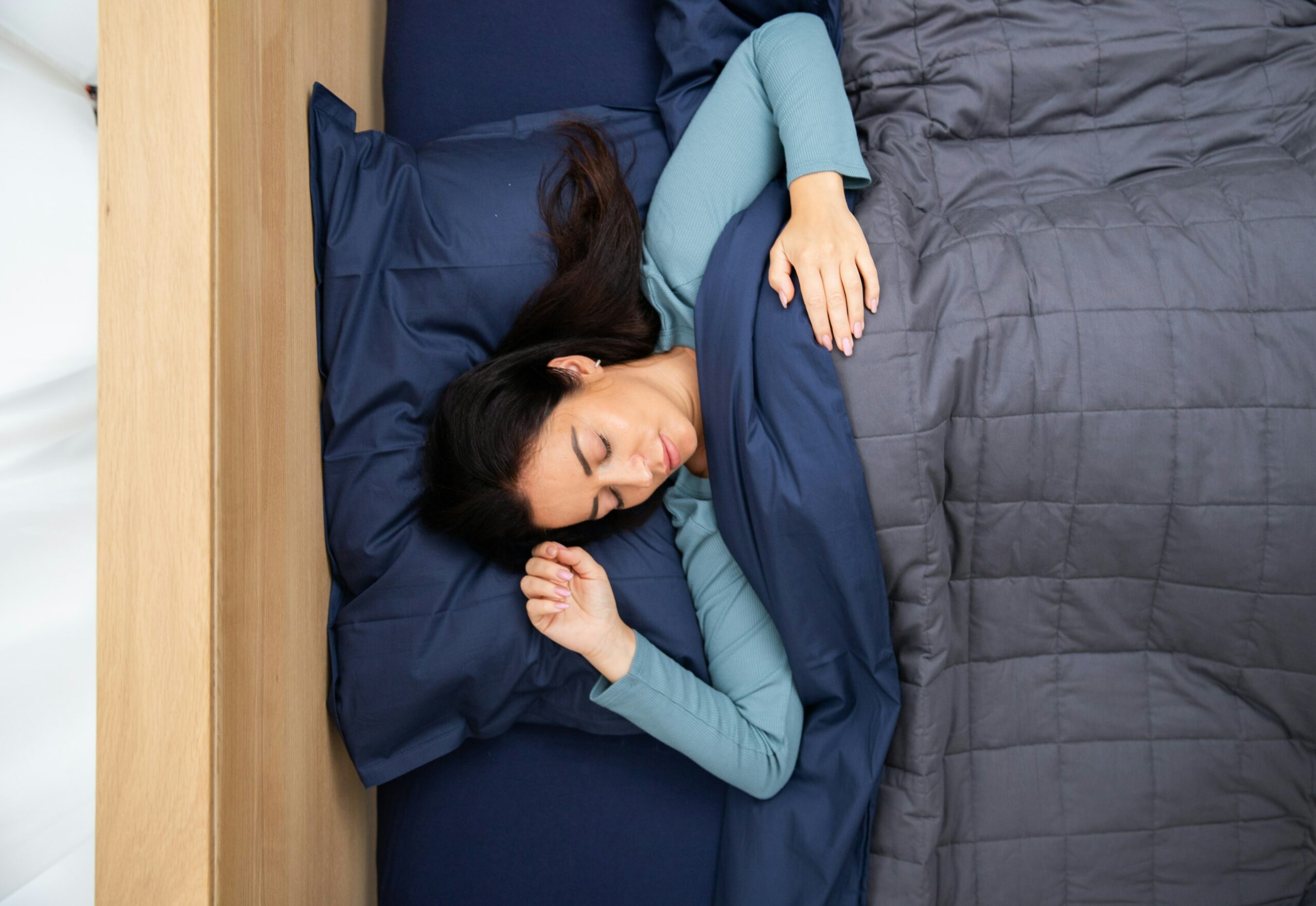
Sleep is a fundamental aspect of our overall health and well-being, yet for many, achieving a restful night's sleep can be a challenge. In recent years, cannabis has gained attention for its potential role in promoting sleep, with both THC and CBD being touted for their effects on sleep patterns. Let's embark on an exploration of how these cannabinoids influence sleep and what implications they hold for individuals seeking better rest. THC vs. CBD THC, the psychoactive compound in cannabis, is perhaps best known for its sedative properties. Research suggests that THC may help to shorten the time it takes to fall asleep, as well as increase total sleep duration. However, THC may also disrupt the sleep cycle by suppressing REM (rapid eye movement) sleep, which is crucial for cognitive function and emotional regulation. In contrast to THC, CBD is non-psychoactive and is believed to have a more subtle influence on sleep. While research on CBD and sleep is still in its early stages, some studies suggest that CBD may help to improve sleep quality by reducing anxiety and promoting relaxation. CBD may also have the potential to alleviate symptoms of sleep disorders such as insomnia and REM sleep behavior disorder. Finding the Right Balance The effects of cannabis on sleep can vary greatly depending on factors such as dosage, timing of consumption, and individual tolerance. For some individuals, low doses of THC or CBD may promote relaxation and improve sleep quality without causing unwanted side effects. However, higher doses or chronic use of THC may lead to tolerance, dependence, and withdrawal symptoms upon cessation. Potential Risks and Considerations While cannabis may offer benefits for sleep in some cases, it's essential to approach its use with caution, especially for individuals with a history of sleep disorders, substance abuse, or mental health conditions. Long-term use of cannabis, particularly high-THC strains, may have adverse effects on sleep architecture and overall sleep quality. For those considering using cannabis as a sleep aid, it's essential to prioritize healthy sleep hygiene practices such as maintaining a consistent sleep schedule, creating a relaxing bedtime routine, and optimizing your sleep environment. Combining cannabis with these strategies may help to enhance its sleep-promoting effects while minimizing potential risks and side effects. All in all, cannabis holds promise as a potential aid for sleep, with both THC and CBD showing distinct effects on sleep patterns. However, it's crucial to approach cannabis use for sleep with caution and to consider individual factors such as dosage, timing, and overall health.
